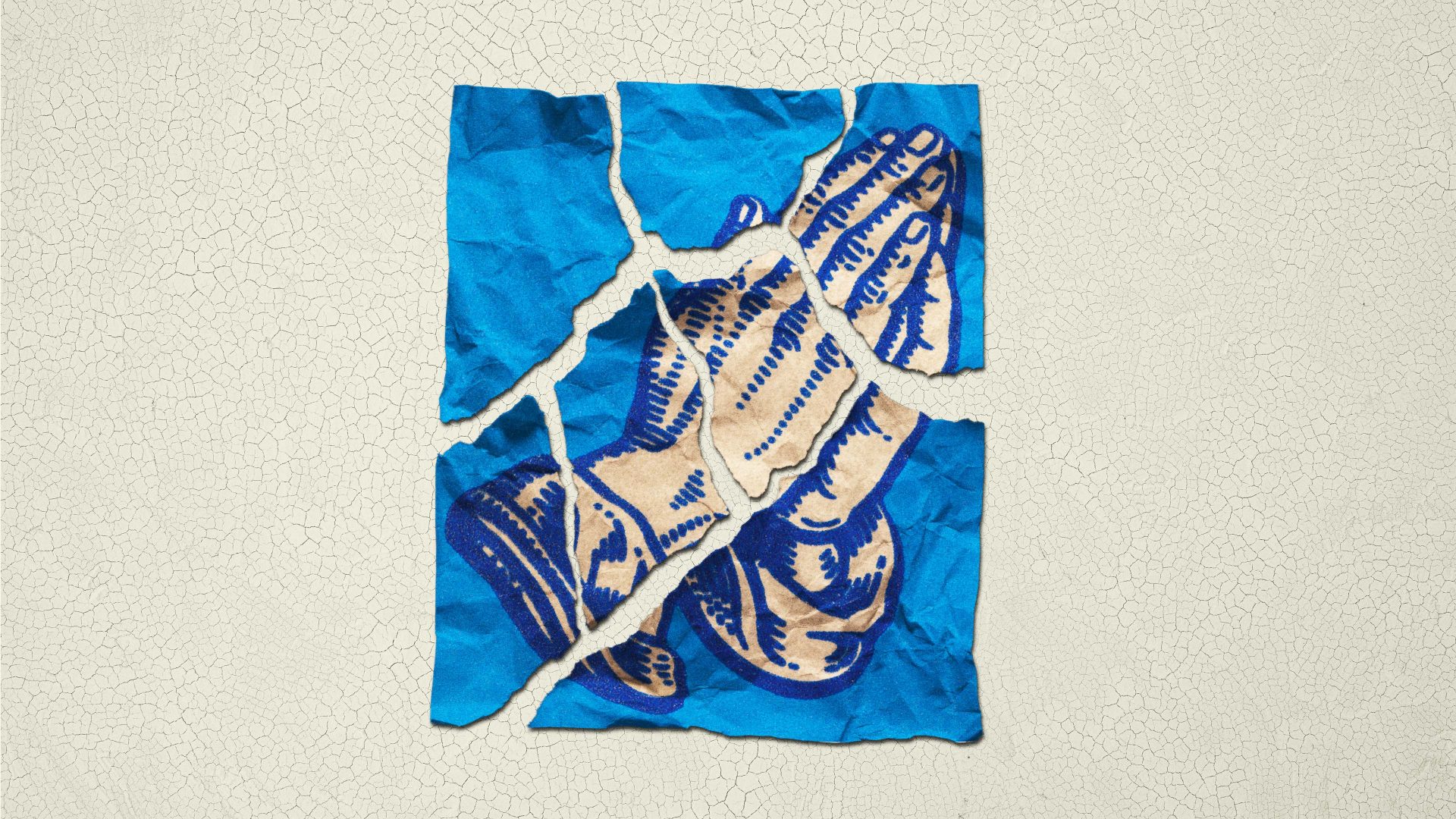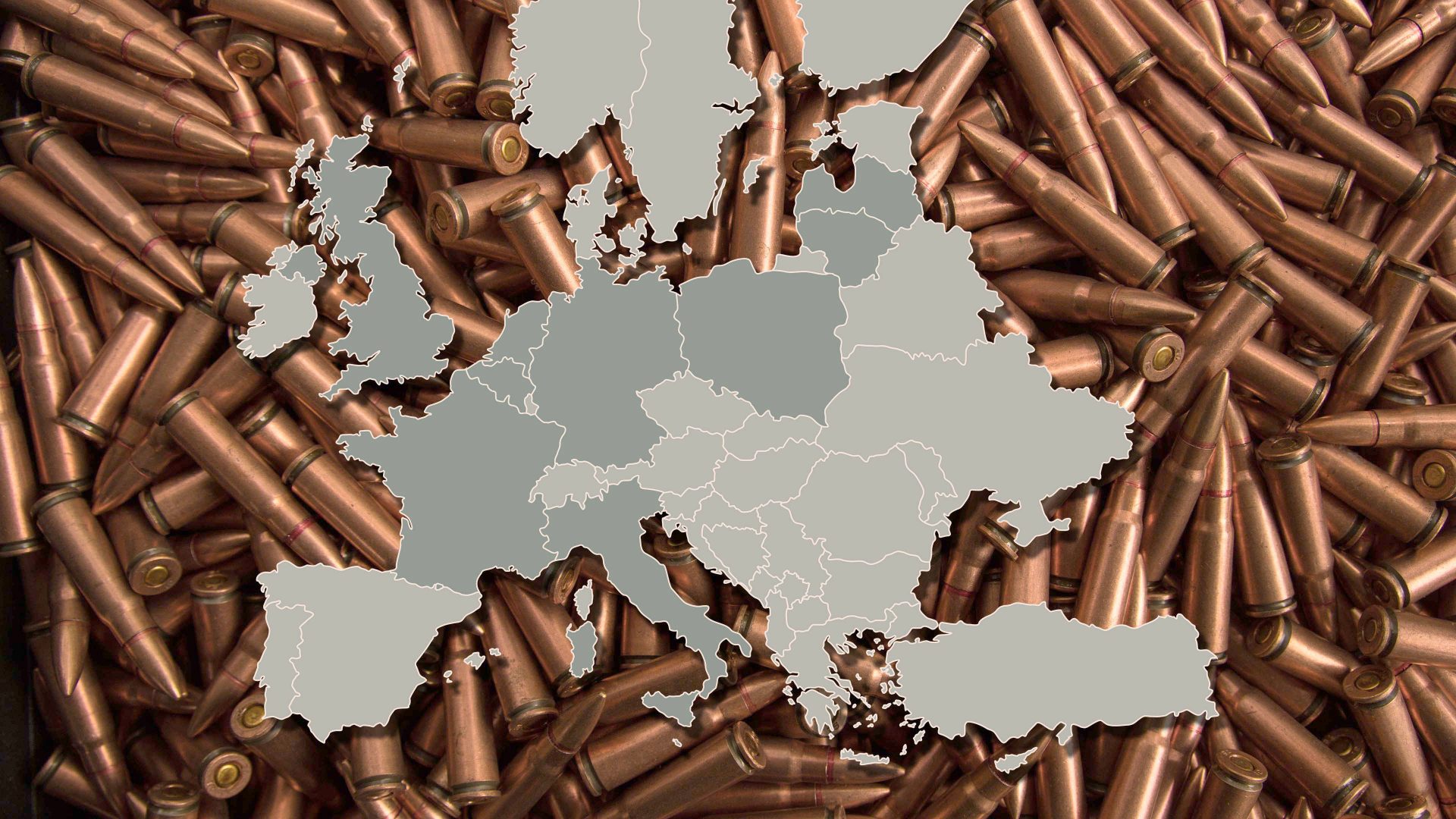In Voltaire’s wonderful satire Candide, the eponymous hero and his absurd philosophy teacher, Pangloss, survive a shipwreck only to find themselves in the midst of the terrible Lisbon earthquake of 1755. That was thought to have reached at least 7.7 on the Richter scale. It destroyed most buildings in Lisbon and left around 20,000 dead and many survivors injured or destitute.
In Candide, and in the poem on the earthquake he published a few years before the novella, Voltaire savaged attempts by theologians to explain the earthquake as compatible with a God who was benevolent, all-knowing and supremely powerful. As far as Voltaire was concerned, allowing such suffering was incompatible with these attributes. It’s hard to disagree.
Candide lies injured, but Pangloss just wants to preach to him how the earthquake is yet more evidence that similar causes produce similar effects and that this is the best of all possible worlds, “a manifestation of the rightness of things”. That view was something of a caricature of what Gottfried Leibniz believed, but was close to Alexander Pope’s optimistic insistence that “Whatever is, is right”.
Throughout Candide, Pangloss insists that further encounters with intense suffering just serve to confirm even more strongly that God could not have created the world any better than it is, and that there is a divine plan that gives sense to everything that happens, even if it is not always obvious what that is. Voltaire believed otherwise and ridiculed the view.
Voltaire was himself a Deist and a critic of organised religion and theology. He didn’t believe God was a benevolent figure with a habit of intervening in human affairs. However, for anyone who buys into the mainstream Theist belief that God is a benevolent, all-powerful, and all-knowing interventionist, the existence of natural disasters like the one in Lisbon or the earthquakes that hit Turkey and Syria last week presents a serious challenge.
So-called natural evil, the suffering that comes from disasters, is the toughest to explain for a Theist. Moral evil, suffering caused by human choices, is a bit easier.
The usual way out for that is the Free Will Defence, the belief that God gave us free will and that must allow the possibility that some of us will make very bad choices and harm one another, otherwise it wouldn’t genuinely be free will.
That supposedly explains why a benevolent God would let Adolf Hitler and his followers exist and do what they did. It still, however, leaves open the sort of question asked by David Hume as to why a good God didn’t make a few deft changes to Caligula’s brain in his infancy as that would have saved many thousands from agony. We might ask something similar about Vladimir Putin’s grey matter today. But the Free Will Defence at least gets a discussion going.
Natural evil, however, is far tougher to explain away. In Turkey and Syria, there was some human culpability, because builders ignored regulations and more people died as a result. But the majority would have died anyway.
There is no obvious reason why a good God would tolerate that. None at all. To claim that the suffering of some is a prerequisite for the saintliness of others won’t wash. You wouldn’t need to orphan so many or permit children to die in pain and terror under collapsed buildings for that.
If you want to persist in belief in a benevolent God who intervenes in human affairs, you will have to work very hard to explain why this kind of devastation was allowed to occur. One way out would be to shrug your shoulders and say “God moves in mysterious ways”.
That always seems a cop-out to me. By far the simplest explanation is that there is no God, and certainly not a good one. Major earthquakes, such as those in Lisbon in 1755 and in Turkey and Syria in 2023, are strong evidence for this conclusion.
This is very far from the best of all possible worlds. The world is absurd in many ways, and human beings are making it much worse in many places, whether through contributing to climate change, or starting wars.
But natural disasters can remind us that not everything bad comes from human beings and that it is wishful thinking to imagine that there is, somewhere out there, a good and powerful personal God who will make everything better. That’s just implausible.
And after the events of last week, it is even more implausible.



